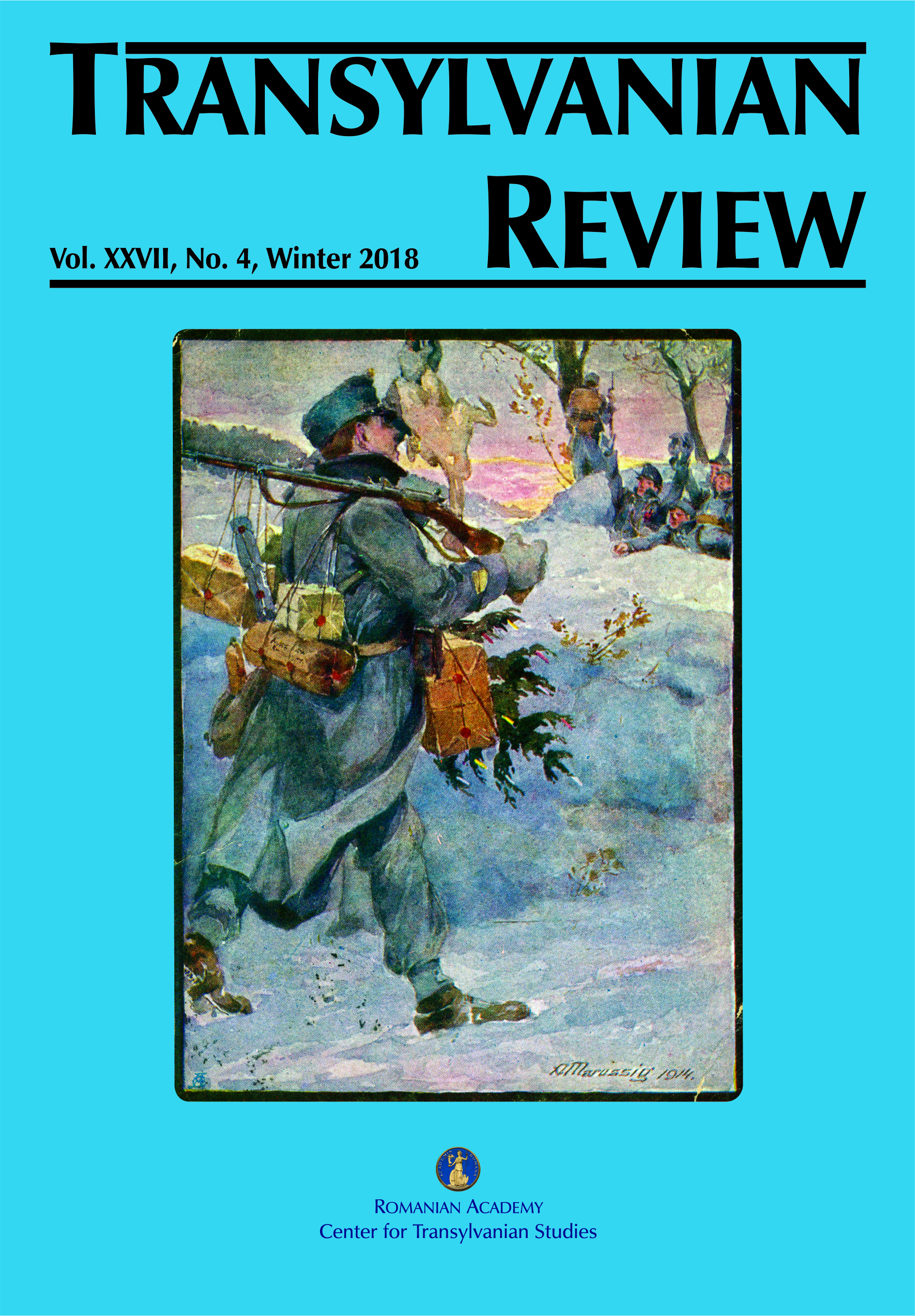Octavian C. Tăslăuanu (1876–1942)
Octavian C. Tăslăuanu (1876–1942)
Author(s): Adrian Niță, George Bogdan TofanSubject(s): History, Cultural history, Political history, Recent History (1900 till today), Pre-WW I & WW I (1900 -1919), Interwar Period (1920 - 1939)
Published by: Academia Română – Centrul de Studii Transilvane
Keywords: Transylvania; Bilbor; national ideal; Luceafărul magazine; ASTRA Association; the Great War;
Summary/Abstract: Octavian C. Tăslăuanu (1876–1942) was a polyvalent Romanian cultural personality of the interwar period. In 1903 he became a graduate of the Faculty of Philosophy and Letters of the University of Bucharest. Between 1902 and 1906 he worked as a secretary at the General Consulate of Romania in Budapest. From 1903 until 1920 he took over the leadership of the literary magazine Luceafărul, a publication that militated for the cultural and political unity of the Romanians in Transylvania. The publicistic activity of this outstanding figure of Romanian culture was subordinated to the one ideal for which he lived and fought all his life: the union of all Romanians within one country. Between 1906 and 1914 he was elected secretary of the ASTRA Association in Sibiu, where he actively promoted the dissemination of national culture. In 1917 he was appointed head of the Intelligence Bureau of the Fourth Army Corps, later attaining the rank of captain. He and the first patriarch of the Romanians, Dr. Elie Miron Cristea, another personality from the Upper Mureş area (Toplița), were elected members of the Great Romanian National Assembly at Alba Iulia; then, in the first free elections, in 1919, he was elected deputy, being for a short time minister of commerce and industry and then minister of public works in the Alexandru Averescu government. In 1926 he became senator.
Journal: Transylvanian Review
- Issue Year: XXVII/2018
- Issue No: 04
- Page Range: 58-73
- Page Count: 16
- Language: English

